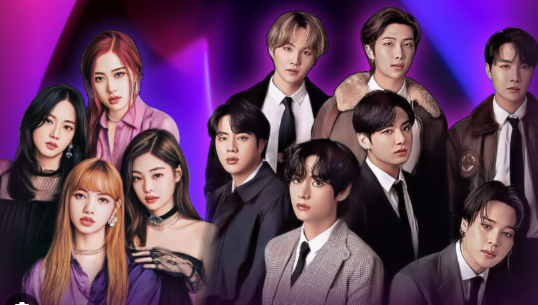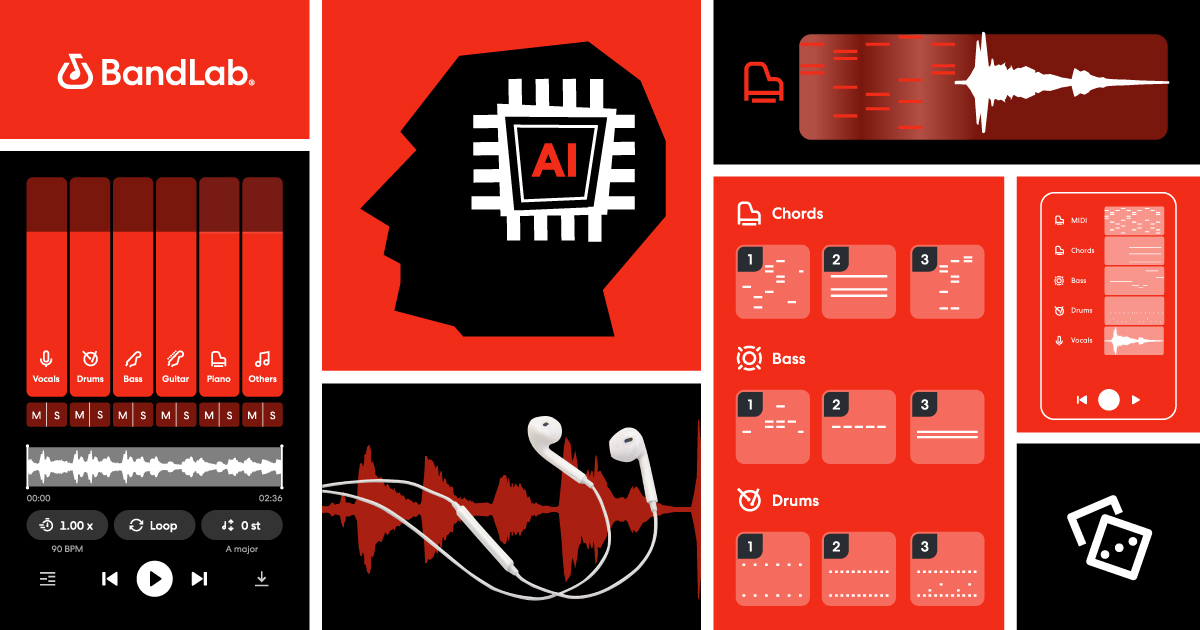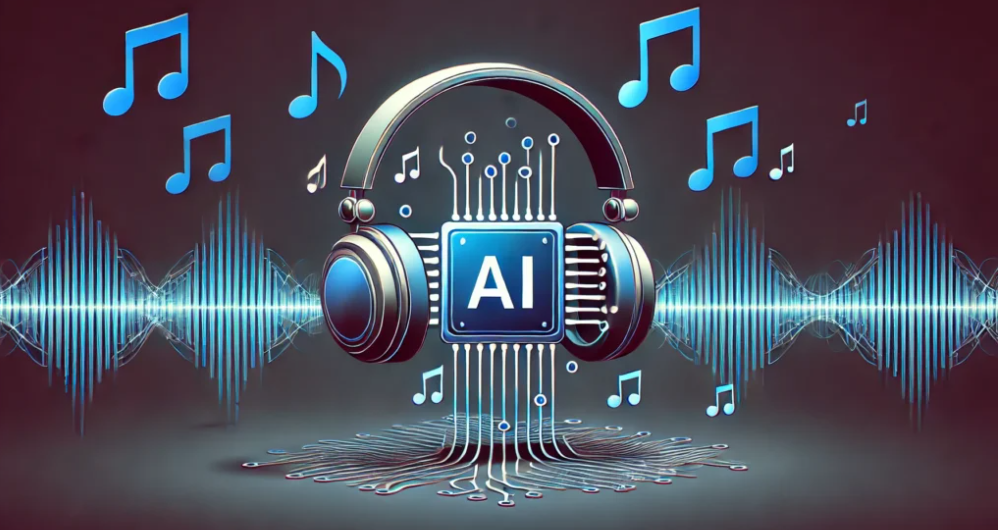Explore the ethical challenges of AI-generated music in cultural appropriation debates. Learn how to balance innovation with respect and avoid harmful practices.
As AI music generators reshape the creative landscape, they’ve ignited debates about cultural appropriation. Can algorithms unintentionally exploit traditional sounds? Who owns AI-generated music rooted in marginalized cultures? This article dives into the ethics of AI music in cultural appropriation debates, offering actionable strategies for creators to innovate responsibly.

1. What Is Cultural Appropriation in Music?
Cultural appropriation occurs when elements of a marginalized culture (melodies, instruments, rhythms) are adopted by a dominant group without permission, credit, or context. In music, this often leads to:
Erasure of originators (e.g., non-African artists profiting from blues or hip-hop).
Stereotyping (reducing complex traditions to exotic “flavors”).
Economic inequity (original creators receive no compensation).
2. How AI Amplifies Cultural Appropriation Risks
AI music tools trained on vast datasets risk perpetuating harmful patterns:
A. Data Bias in Training Sets
Most AI models are trained on Western-dominated music libraries, underrepresenting Indigenous, African, or Asian traditions.
Example: An AI generating “tribal” drum patterns without acknowledging their West African origins.
B. Lack of Contextual Understanding
AI can’t grasp the cultural or spiritual significance of sounds (e.g., Native American flutes in meditation tracks).
Outputs may strip sounds of their meaning, turning sacred art into background noise.
C. Commercial Exploitation
AI-generated tracks mimicking Jamaican dub or Indian classical music could flood markets, sidelining authentic creators.
3. Ethical Challenges in AI-Generated Music
A. Ownership and Attribution
Who owns AI music inspired by traditional Maori chants or Balinese gamelan?
Current copyright laws rarely protect cultural heritage, leaving communities vulnerable.
B. Informed Consent
Should AI developers seek permission from culture-bearers before using their music in training data?
Case Study: Spotify’s AI playlist generator faced backlash for using Indigenous Australian music without consultation.
C. Reinforcement of Stereotypes
AI might combine “Asian-sounding” scales with generic Zen aesthetics, reducing cultures to clichés.
4. Strategies for Ethical AI Music Creation
A. Curate Diverse and Inclusive Training Data
Partner with ethnomusicologists and cultural institutions to source representative datasets.
Tool Example: OpenAI’s Jukedeck now tags tracks with cultural origins.
B. Implement Attribution Frameworks
Use blockchain or metadata to credit cultural inspirations in AI outputs.
Example: “This AI track incorporates samples licensed from the Griot tradition of West Africa.”
C. Collaborate with Culture-Bearers
Involve traditional artists in AI projects, ensuring fair compensation and creative control.
Initiative: The Global Music AI Alliance funds partnerships between tech firms and Indigenous musicians.
D. Educate Users
Add disclaimers to AI tools about cultural sensitivity (e.g., “Avoid using sacred instruments out of context”).
5. Case Studies: AI Music Done Right (and Wrong)
Success Story: “AI Flamenco” Project
A Spanish developer trained an AI on recordings licensed from Flamenco artists, with royalties shared back to the community.
Result: Authentic, ethically sourced AI Flamenco tracks praised by traditionalists.
Controversy: “K-Pop Fusion” Generator
An AI app remixed Korean folk songs with EDM, sparking outrage for distorting historical pansori vocals.
Lesson: Context matters—AI must respect boundaries set by cultural stakeholders
Conclusion
AI music holds immense potential, but its ethical use demands vigilance. By prioritizing inclusive data, transparent attribution, and collaboration with culture-bearers, creators can avoid appropriation pitfalls. As debates evolve, staying informed and accountable will ensure AI enriches—not erases—the world’s musical heritage.








